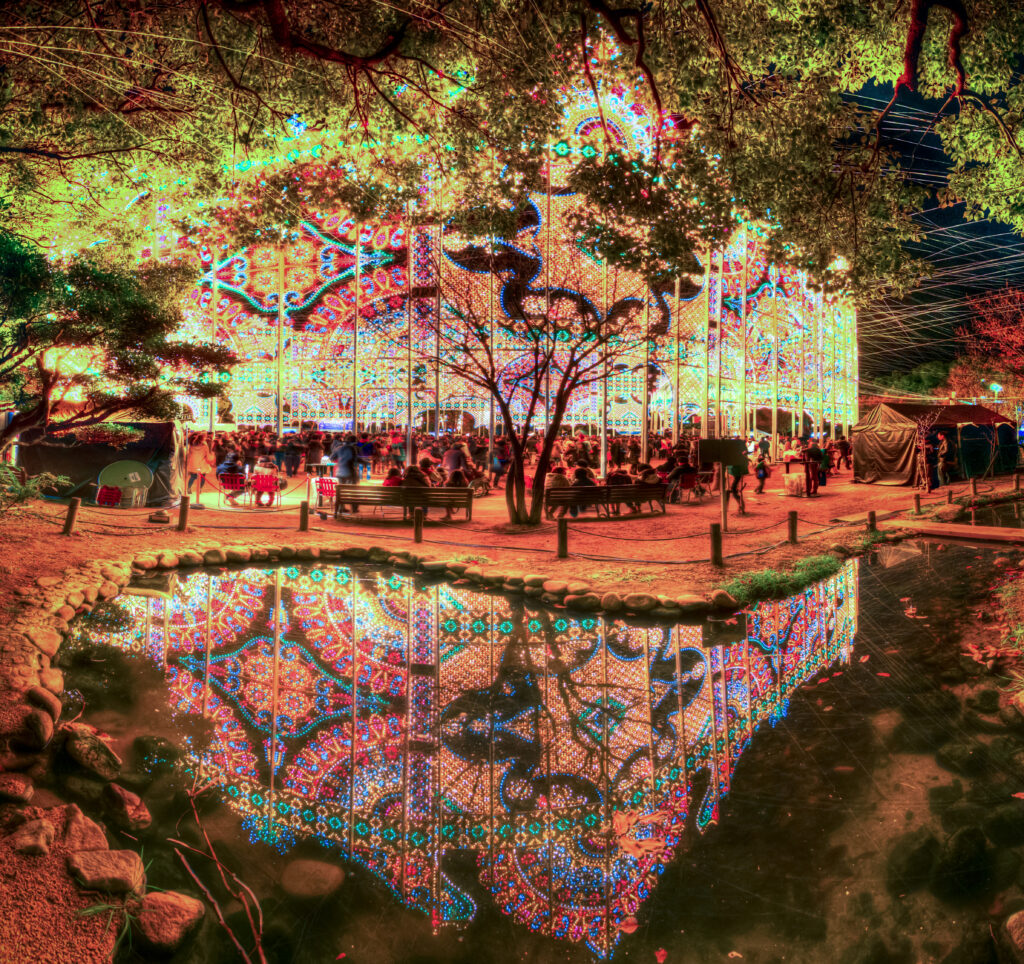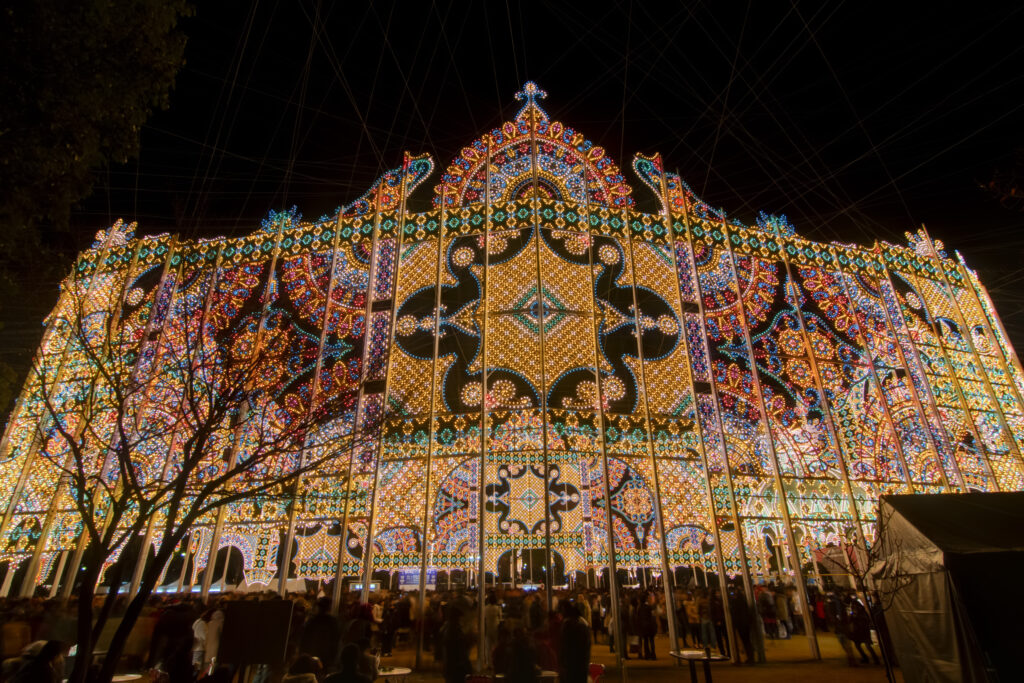The Boundary Between Dreams and Reality
How Photography Captures the Dreamlike Reality
Photography has the unique ability to blur the lines between dreams and reality, creating images that transport viewers to fantastical realms while grounding them in the tangible world. This article explores how photography can convey dreamlike qualities, invoking a sense of wonder and surrealism. Using a photo from the Kobe Luminarie, we delve into the techniques and elements that make a photograph dreamlike.

The Power of Light and Reflection
Light is a critical element in creating dreamlike photographs. The Kobe Luminarie photo uses vibrant lights and their reflections to build a surreal scene. The reflection in the water not only doubles the visual elements but also adds depth, making the viewer feel as though they are peering into a parallel world. Reflections often blur the line between reality and illusion, enhancing the dreamlike quality.
Color and Contrast
Colors play a significant role in transforming an ordinary scene into a fantastical one. In the Kobe Luminarie photo, the bright, multicolored lights contrast sharply with the dark surroundings, drawing the viewer’s eye and creating a sense of magic. High contrast between colors and shadows can make an image feel otherworldly, much like a scene from a dream.

Composition and Perspective
The composition of a photograph can significantly affect its dreamlike quality. The Kobe Luminarie image uses a low angle perspective, making the lights tower over the viewer and enhancing the feeling of being enveloped in a magical space. Unusual perspectives and creative compositions can make everyday scenes appear extraordinary.
Blurring and Soft Focus
Using techniques like blurring and soft focus can make photographs appear more ethereal. In the context of the Kobe Luminarie, slightly blurred edges of the lights and reflections contribute to the surreal atmosphere, making the viewer feel as if they are gazing into a dream.
The Emotional Impact of Dreamlike Photography
Photographs that capture dreamlike qualities often evoke strong emotional responses. They can transport viewers to a place of nostalgia, wonder, or fantasy. The Kobe Luminarie photo, with its enchanting lights and serene reflections, invites viewers to immerse themselves in a world of beauty and tranquility.
Conclusion
Dreamlike photography has the power to transcend the ordinary and evoke a sense of wonder and magic. By playing with light, color, composition, and focus, photographers can create images that blur the lines between reality and fantasy. The Kobe Luminarie serves as a perfect example of how these elements come together to create a captivating, dreamlike scene.
